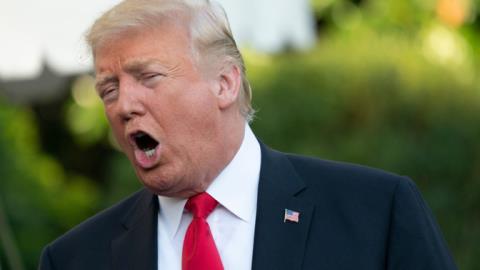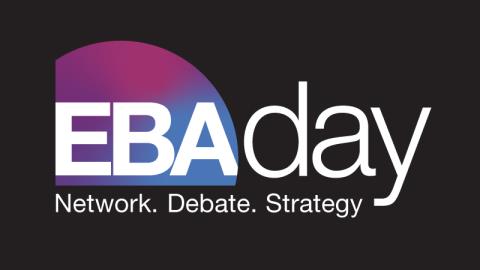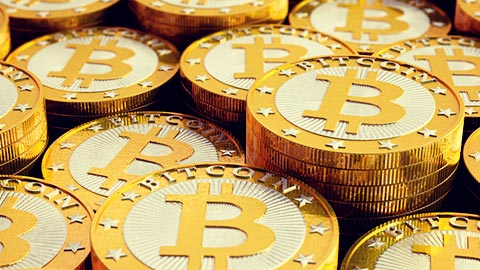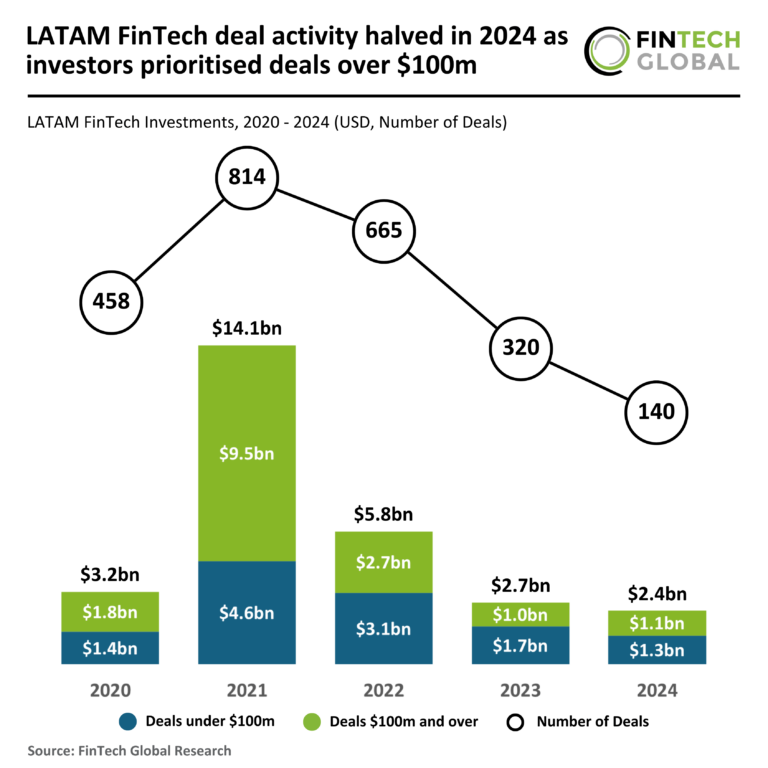US Justice Department Shuts Down Crypto Fraud Task Force: What It Means for Investors
In a recent memo, Deputy Attorney General Todd Blanche announced a significant shift in the Justice Department’s approach to digital asset regulation. This announcement, which has captured attention in the cryptocurrency community, marks the disbanding of a team focused on prosecuting activities related to digital assets.
New Direction for the Justice Department on Digital Assets
In his memo, Blanche emphasized that the Justice Department is not intended to serve as a regulator of digital assets. He criticized the previous administration’s strategies, stating that the “regulation by prosecution” approach was ill-conceived and poorly executed. This statement underscores a shift in priorities regarding crypto enforcement.
Key Changes in Enforcement Policy
- No more litigation against crypto exchanges: The Justice Department will not engage in legal actions against exchanges or services for actions taken by their users.
- Focus on victim protection: Investigations will prioritize prosecuting individuals who defraud digital asset investors.
- Ending ongoing investigations: Prosecutors have been instructed to close any investigations that do not align with the new enforcement priorities.
Impact on the Crypto Industry
Blanche’s announcement aligns with a broader trend observed since the Trump administration, where regulators, including the SEC, are reevaluating their stances towards the cryptocurrency sector. This shift is seen as an effort to foster a more favorable environment for crypto innovation in the United States.
The Trump Administration’s Support for Crypto
During his presidency, Donald Trump and his family have shown a keen interest in cryptocurrency. Notably, Trump introduced his own meme coin, $Trump, shortly before his inauguration. However, the coin faced challenges after the launch of $Melania, released by First Lady Melania Trump.
This latest development in the Justice Department’s approach could signal a new era for digital assets in the U.S., promoting growth while ensuring investor protection. As the landscape evolves, the relationship between the government and the cryptocurrency industry will be crucial for future regulatory frameworks.
For further information on regulatory changes and the cryptocurrency market, consider visiting Investopedia.







